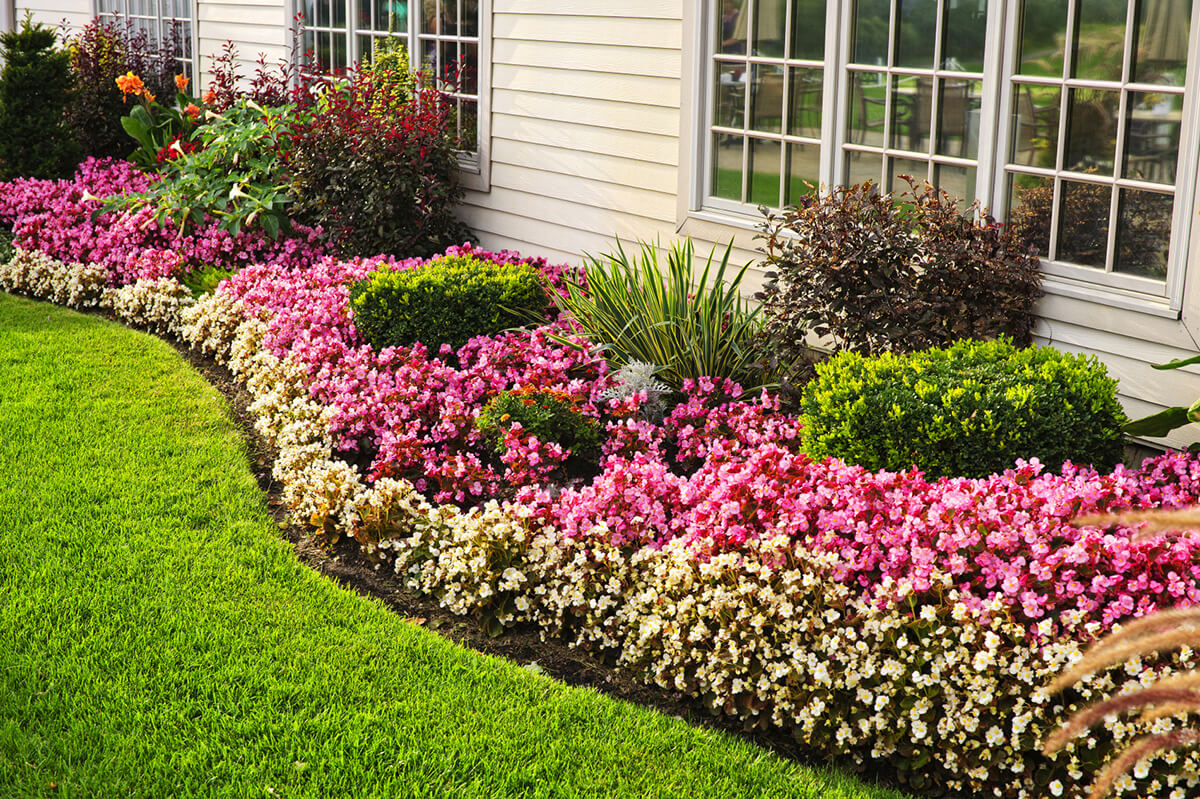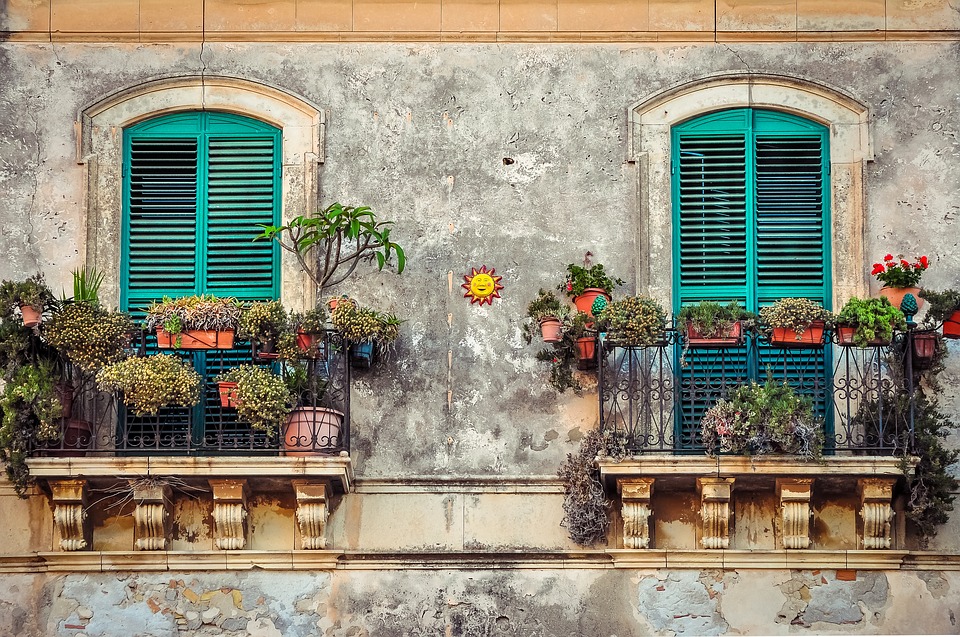Plants don’t grow beautiful and healthy by accident. To grow strong and green with sun and water, soil and the right nutrients… and the topic of this post is precisely fertilizer. Fertilizer puts much needed nutrients back into the soil, but it can be aggressive to plants, as well as expensive in most cases. So, to give the garden a good boost without affecting your wallet too much, try one of these home remedies. Little tips and tricks that give the soil the right mix of nutrients and make plants more beautiful, healthy and strong.
Ashes From the Fireplace
If you have a beautiful fireplace that crackles every day in the winter, then you will also have to deal with residual ashes. Here, don’t throw them away! The ash that forms when logs are burned has a high alkaline content, making it ideal for neutralizing acidic soil.
To determine if your soil could benefit from an application of this type, you will need to do a small test to see if, indeed, the soil needs to be neutralized.
Banana Peel
Bananas are rich in phosphorus and potassium, not only the fruit but also the peel. So, after eating them, keep the peel and bury it in the ground or in the garden, especially when planting tomatoes, peppers or roses. The potassium and phosphorus in the peels will enrich the soil and strengthen the plants.
Compost Yourself
Homemade compost is easy to make. All you need is a large bin and lots of fresh waste, such as fruit and vegetable peelings, egg shells and coffee grounds, enriched with leaves and other plant residues. If you can prepare it as well as possible, you can save a lot of money on buying traditional compost.
Sparkling Water
Did you say that already? Well yes, even sparkling water can be useful in the vegetable garden and the garden! But what makes sparkling water more nutritious for plants than tap water? The answer is simple: sparkling water contains macronutrients, including carbon dioxide, oxygen, hydrogen, phosphorus, potassium, sulfur and sodium, all of which are beneficial to flower and plant growth. .
Aquarium Water
Aquariums are out of fashion, but someone still has one at home. When it’s time to change the water in the aquarium, pour the old water over the plants. The waste and bacteria in the aquarium water can be harmful to the fish, but it is beneficial to the plants. Be sure to use only fresh water, not salt water, and to use it only for ornamental species. Not for garden plants!
Coffee Grounds
Coffee grounds are particularly effective as a plant nutrient, thanks to their calcium, potassium, nitrogen and phosphorus content. Because coffee grounds acidify the soil, acid-loving plants such as roses, evergreens and azaleas benefit the most. Gently sprinkle the coffee onto fresh soil at the base of the plant or compost, where it will mix with other food scraps and leaves to create a nutrient-rich soil.
Eggshells
Because of their high calcium content, eggshells should be thrown into the garden, not the trash. Rinse them, crush them well and add them to all those plants, such as tomatoes, that tend to suffer from calcium deficiency. You can also use whole eggshells as mini containers for seedling growth. When the seedlings are large enough to transplant, plant them in the soil, with all the shells: the shells are biodegradable and will dissolve over time, enriching the soil.
Tea Leaves
Tea leaves contain the three nutrients needed for a good natural and cheap fertilizer: nitrogen, potassium and calcium. Sprinkle them at the base of the plants to get an excellent supply of nutrients at a very low cost. Set them aside the next time you enjoy a good cup of tea!
Grass Clippings From the Lawn
Lawns, sooner or later, have to be mowed, right? And you’ll inevitably accumulate quite a bit of extra weed, right? Well, here’s the thing, adding a thin layer of grass clippings to the garden prevents weeds from growing and helps plants retain moisture. Apply it as if it were a thin layer of mulch, preferably a composted version.


